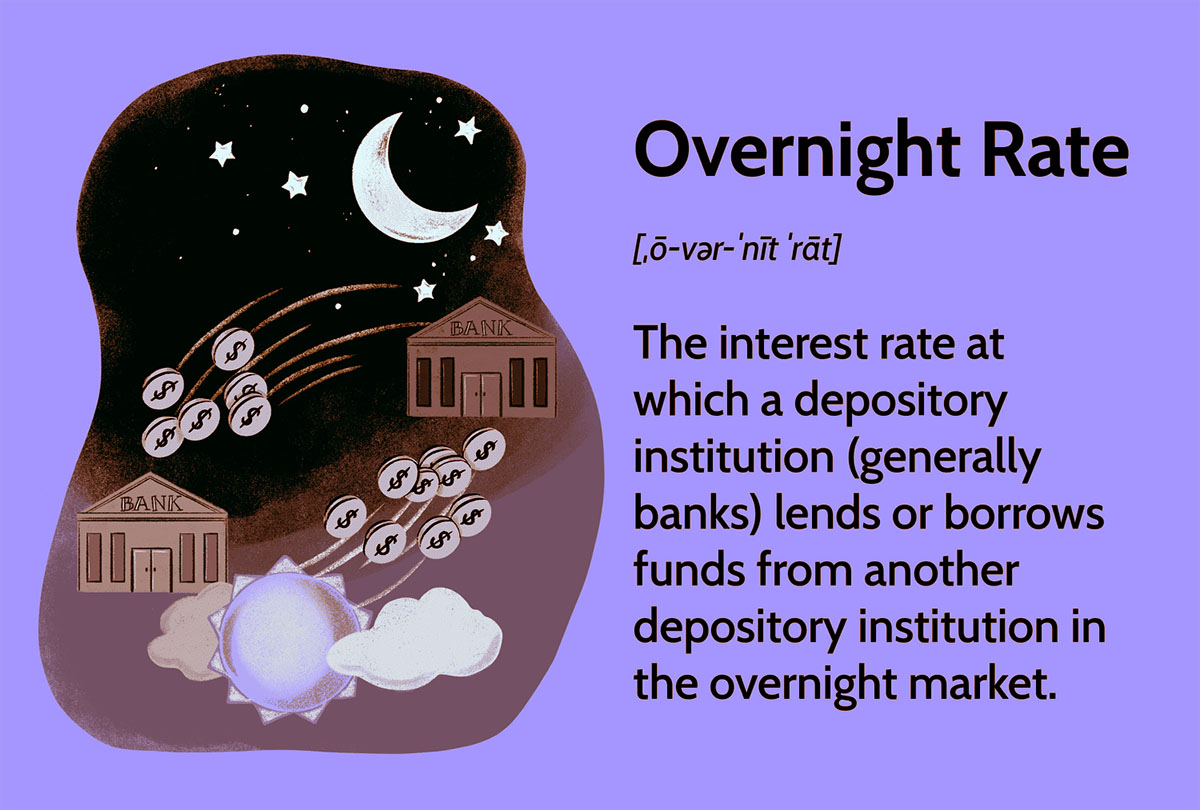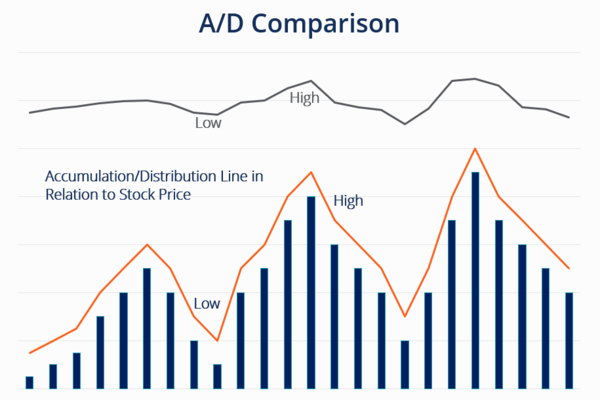Overnight interest refers to the interest that needs to be paid or can be obtained by holding financial instrument such as forex or stocks overnight. This type of interest is usually generated when the interest rate of one currency is higher than that of the other currency selected by the trader. Overnight interest is a cost or benefit that affects traders' profits and losses. Therefore, when conducting foreign exchange trading, it is necessary to consider the impact of overnight interest.
The sliding point refers to the difference between the trading price and the expected price in situations of high market volatility or low liquidity. This difference may lead to inconsistent trading prices with expected prices, thereby affecting traders' profits and losses. Sliding point is a type of transaction cost, usually caused by market factors, such as important news releases, nonfarm payroll data, and other events that may lead to increased market volatility, thereby increasing the risk of sliding point.

Overnight interest and sliding point are two important concepts in forex trading, and there are the following differences between them:
1. Definition: Overnight interest refers to the interest that needs to be paid or can be obtained by holding financial instruments such as forex or stocks overnight; Sliding point refers to the difference between trading prices and expected prices in situations of high market volatility or low liquidity.
2. Influencing factors: Overnight interest rates are mainly influenced by international interest rate differences, while sliding points are related to factors such as market volatility, liquidity, and order execution speed.
3. Profit and loss impact: Overnight interest may have an impact on the profit and loss of holdings. If you hold a high interest rate currency pair, such as AUD/JPY, you may receive a certain amount of interest at the end of the transaction. The sliding point may cause the order execution price to differ from the expected price, thereby affecting the profit and loss results.
4. Risk control: For overnight interest, traders can understand interest rate differences before trading and choose a suitable holding time to reduce costs. For sliding points, traders can use tools such as limit orders or stop loss orders to reduce risk.
In summary, although overnight interest and sliding points may have an impact on traders' profits and losses, they have different definitions, influencing factors, and risk control methods. Traders need to fully understand these concepts and adopt corresponding strategies to control risks.
【 EBC Platform Risk Reminder and Disclaimer 】: There are risks in the market, and investment needs to be cautious. This article does not constitute investment advice.







